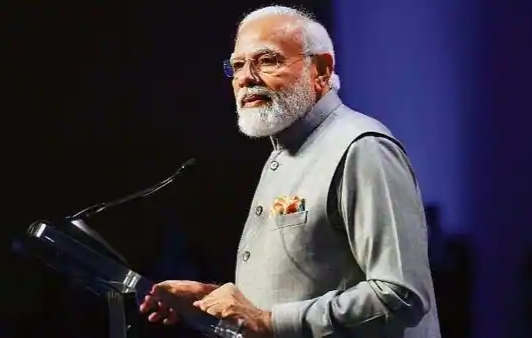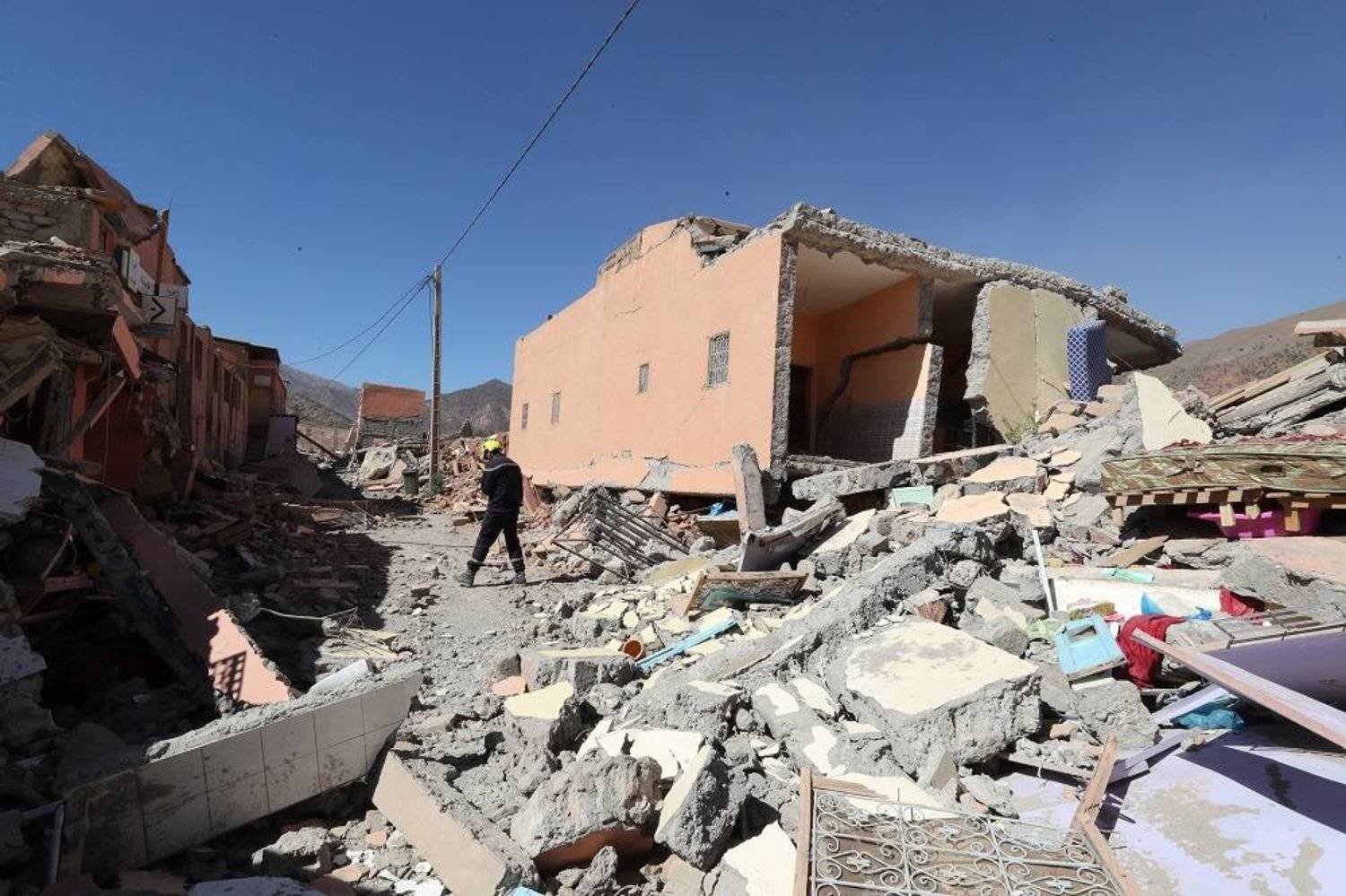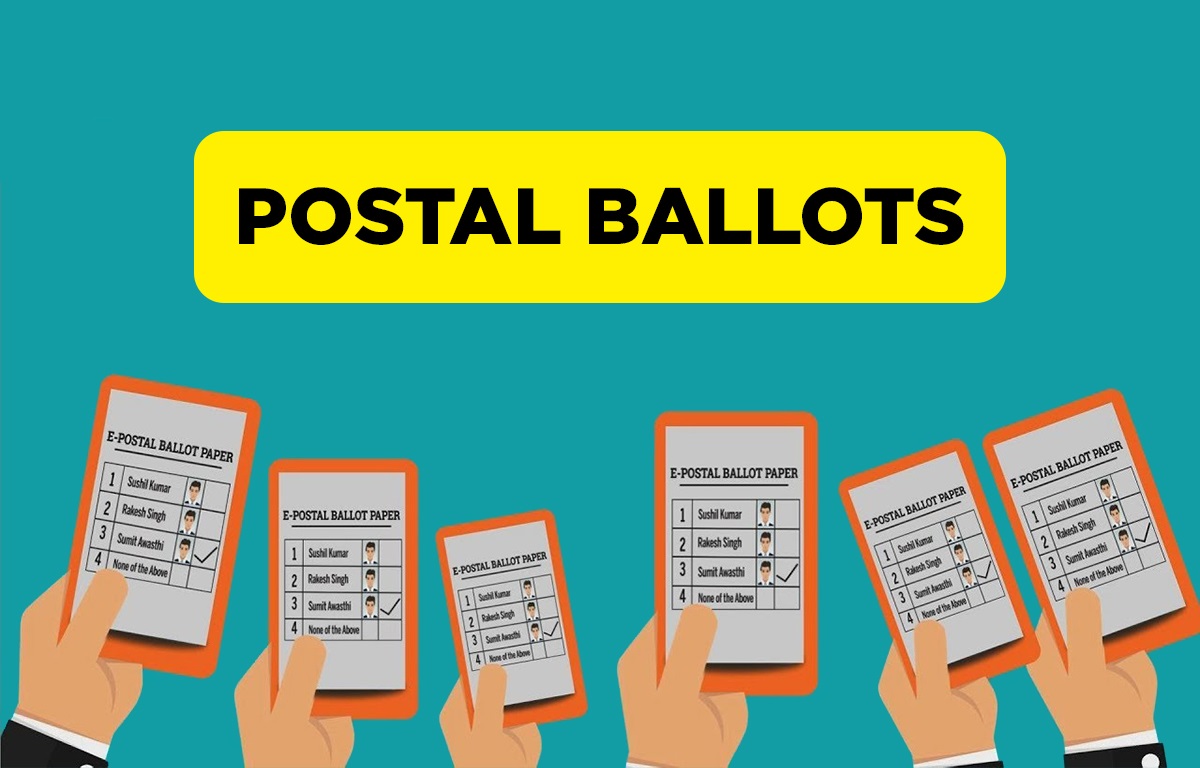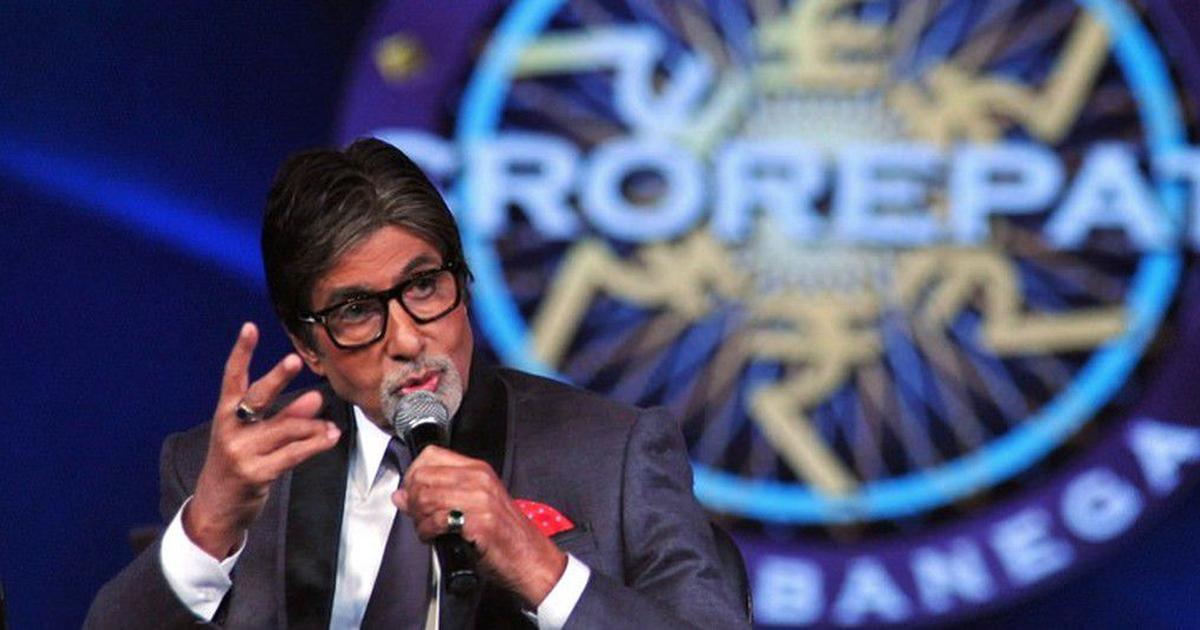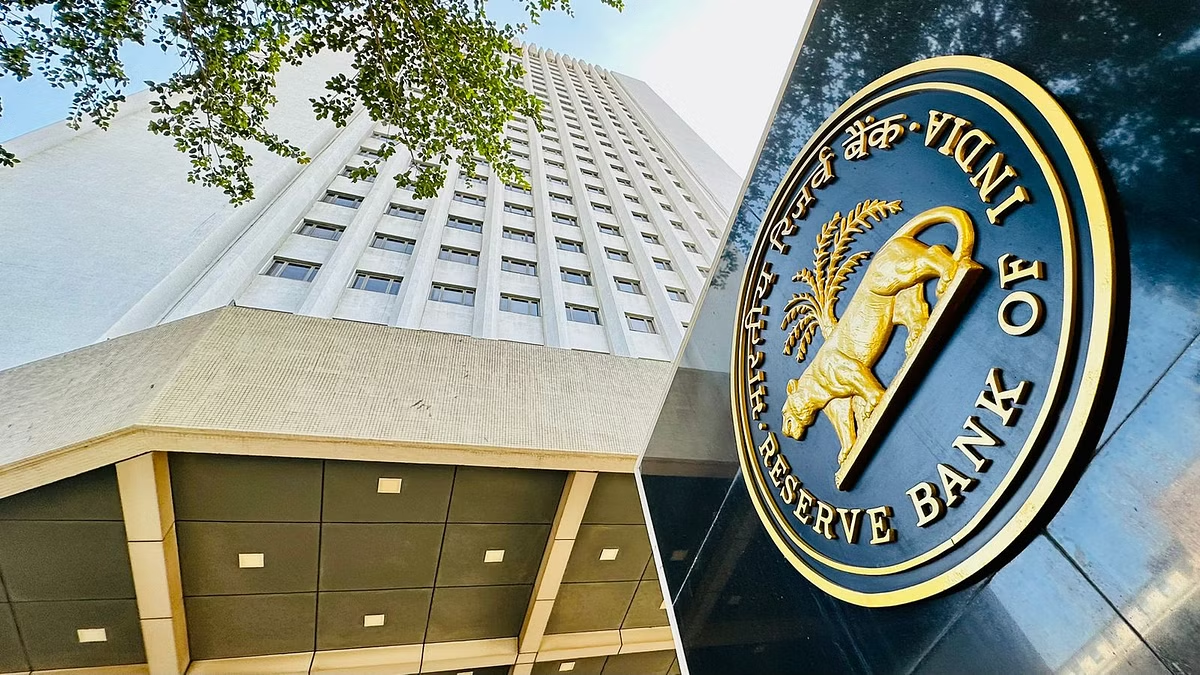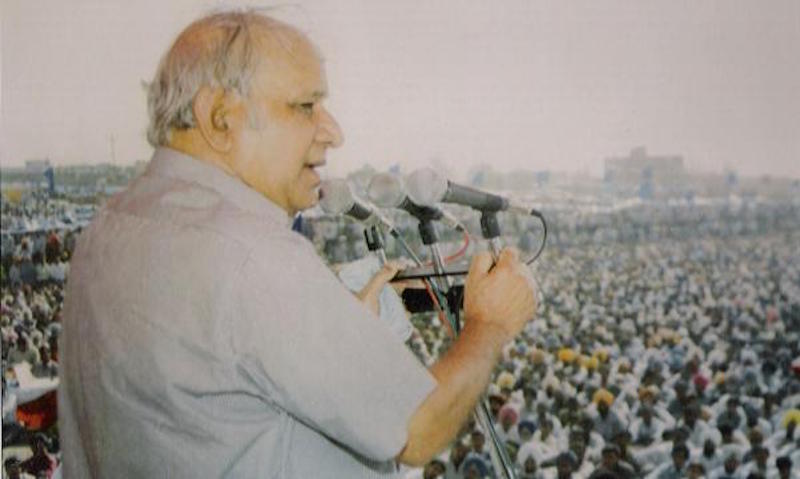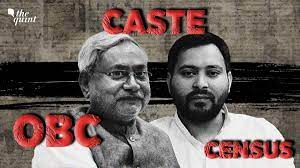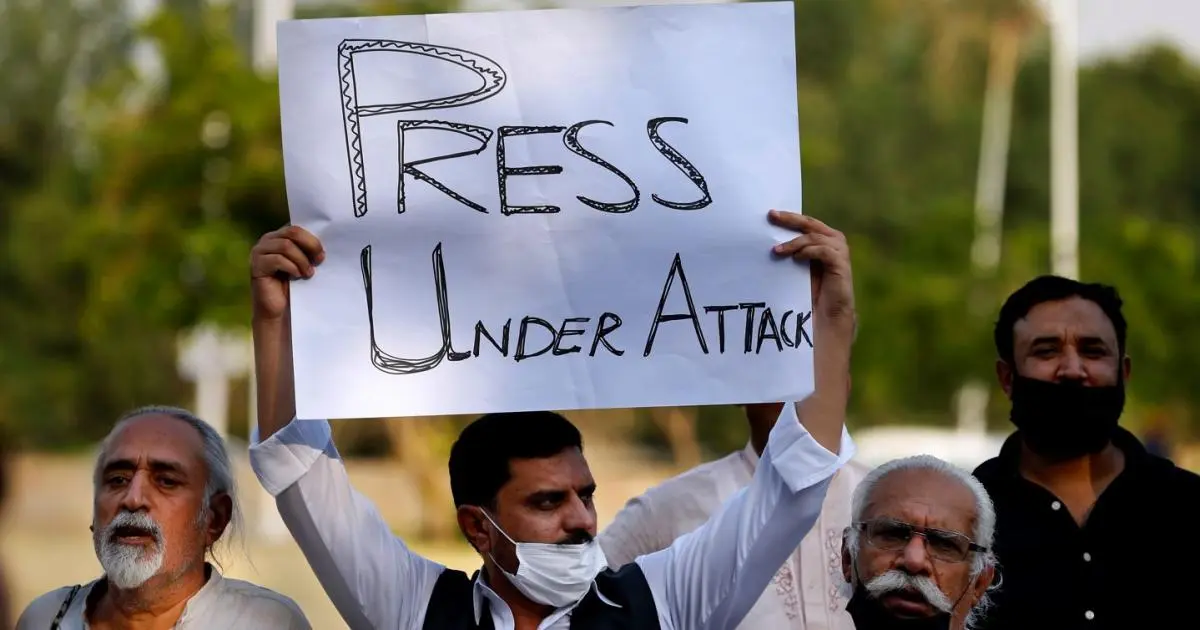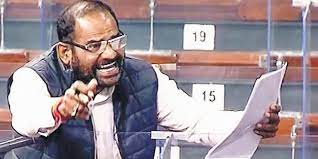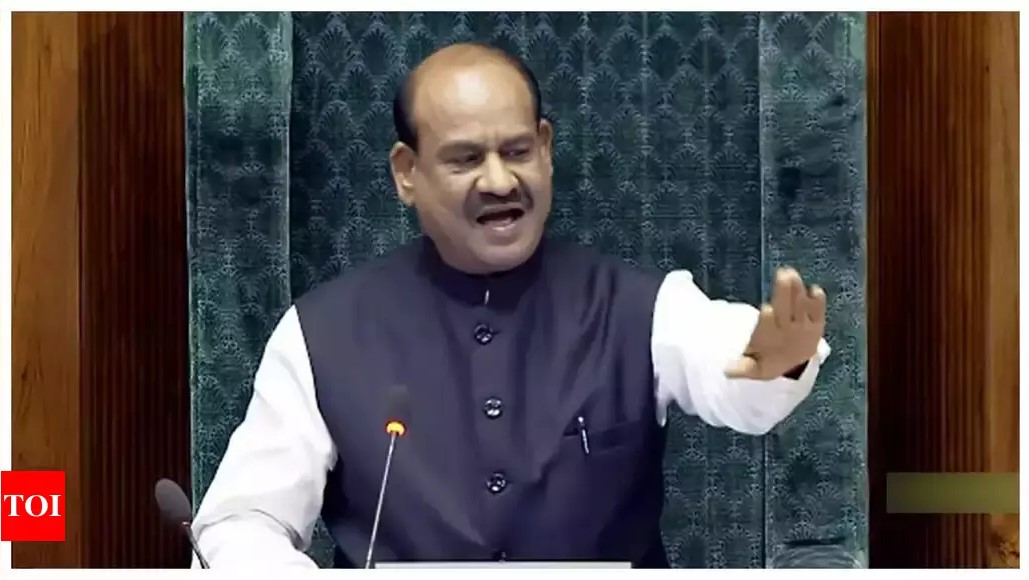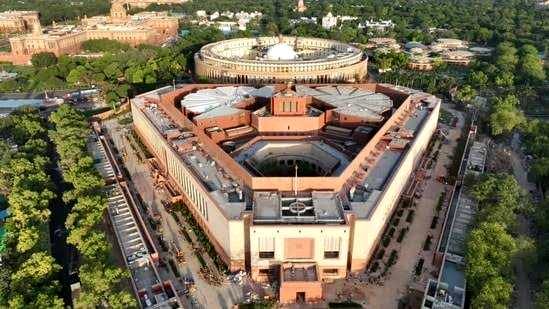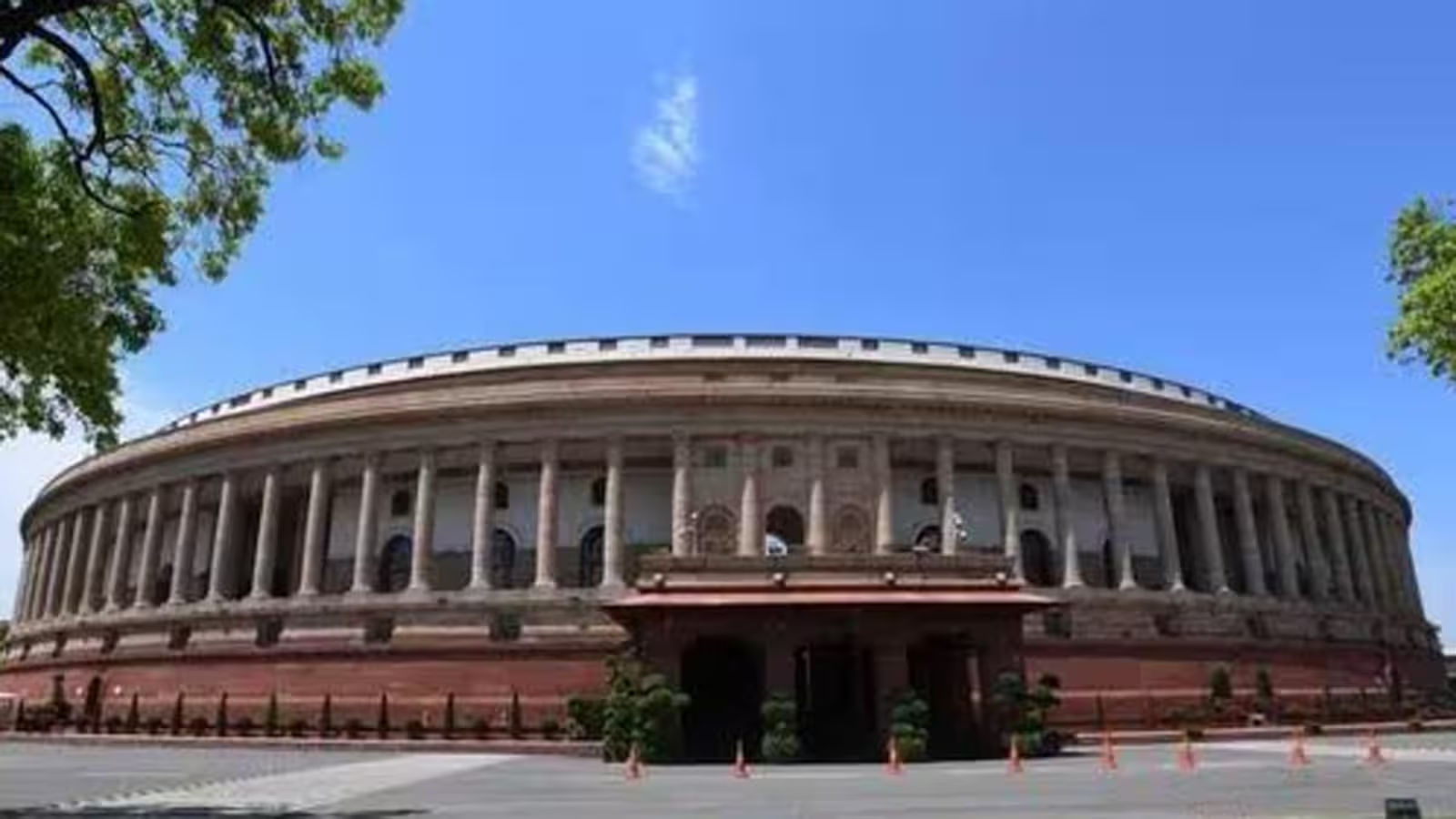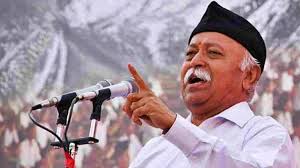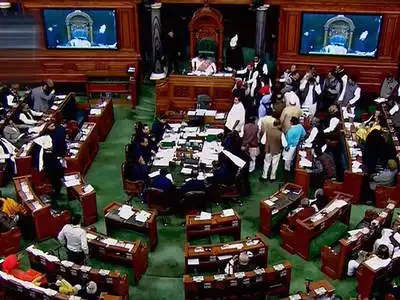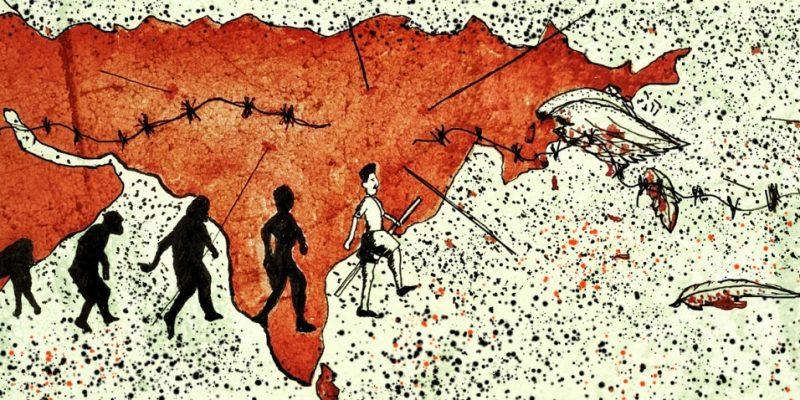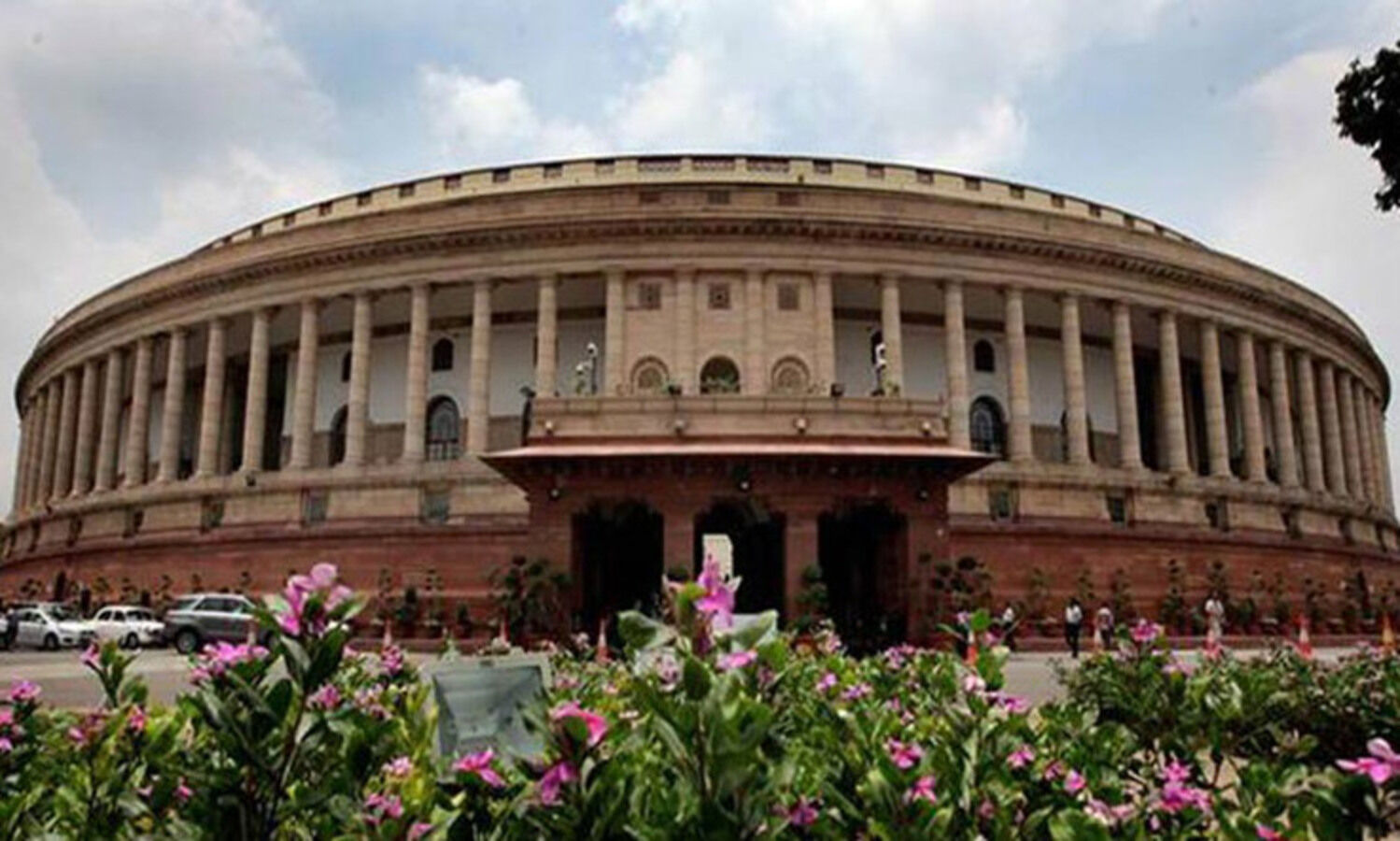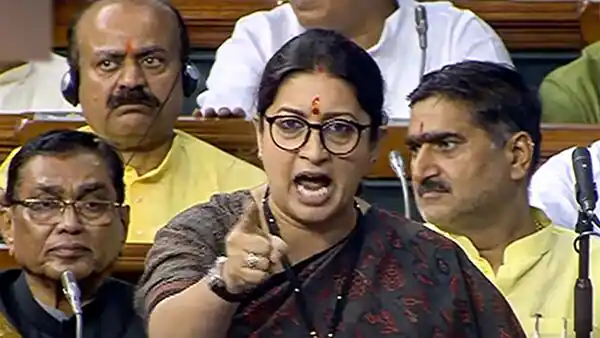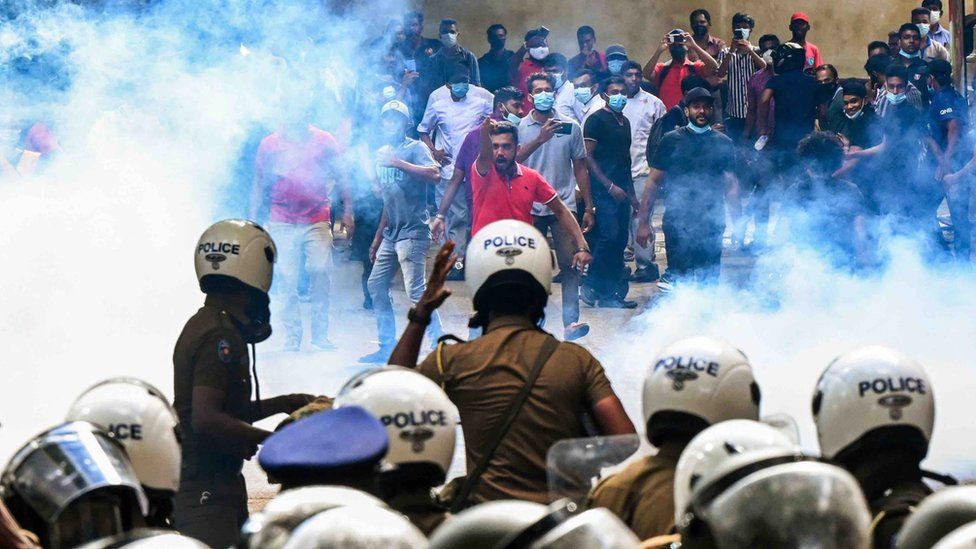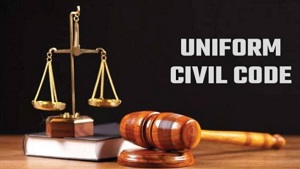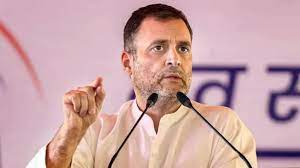25
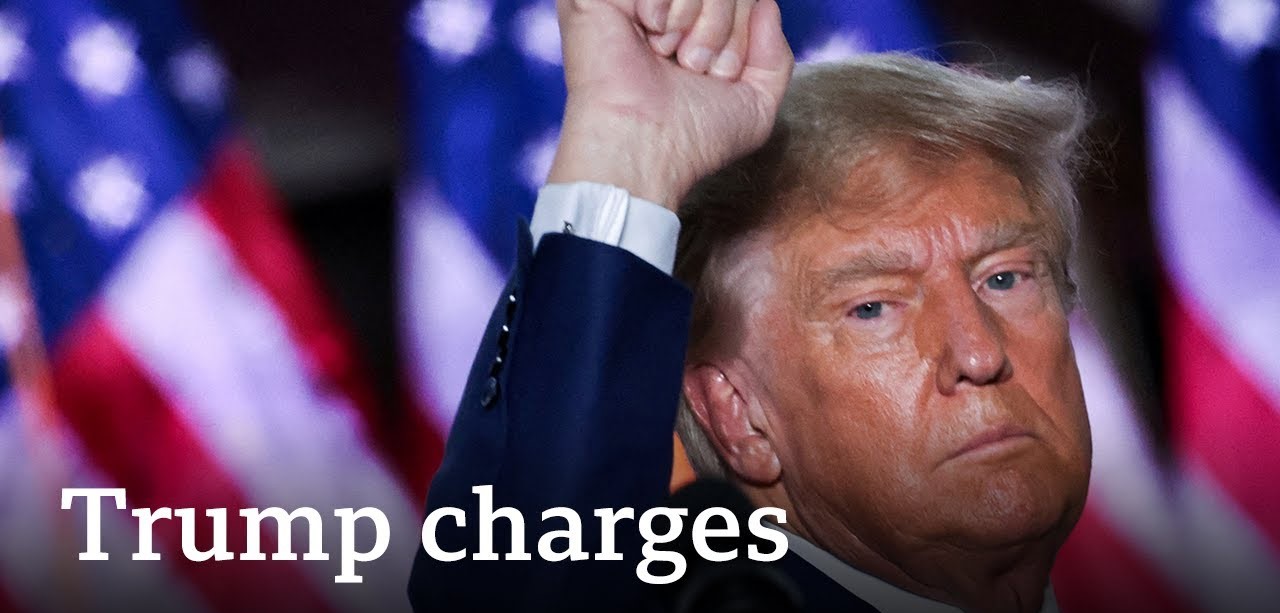
On July 21 the US District Judge Aileen Cannon issued an order granting the government’s request to set a speedy trial date and schedule for pretrial motions, with a date prior to May 2024.
Upkar Chopra, An Engineer Dabbling in Journalism, Settled in the USA for 50 years writes from Washington DC for Media Map
Former President Donald Trump who has a knack of turning every adversity into his own advantage seems to be neck deep in trouble this time, having been charged with a number of crimes for the second time in less than three months.
The way various these cases are piling up against him he could end up with a jail term of at least 100 years in various sections.
Under the circumstances it is the peculiar US legal system where Judges are nominated to the Supreme Court by the political parties, that could ultimately turn his saviour. Those following the case closely say that Alleen Cannon the Judge from Florida who will decide the quantum of punishment against the former President is a Trump appointee.
Trump had surrendered to authorities in Miami on 37 federal charges mainly from his alleged unlawful retention of national defence information, adding another criminal case to the legal pressure against the twice-impeached former president. Interestingly, this is happening even as he hopes to win his party’s nomination in next year’s Republican presidential primary.
The Florida federal judge overseeing the Espionage Act and obstruction of justice case against Trump has rejected the disgraced ex-president’s attempt to delay his trial until after the 2024 election.
On July 21 the US District Judge Aileen Cannon issued an order granting the government’s request to set a speedy trial date and schedule for pretrial motions, with a date prior to May 2024.
Prosecutor with the office of Justice Department Special Counsel Jack Smith had asked her to set a December 2023 trial date, four months after the August date she’d put on the court’s calendar shortly after Trump and his co-defendant Walt Nauta first appeared in a Miami courtroom to answer the 38-count indictment, charging the ex-president with unlawfully retaining national defence information, and charging both him and Nauta with conspiracy and obstruction of justice offences.
In another state the ex President Donald Trump was criminally charged in New York in connection with secret payments to bury stories of his porn affairs in the lead-up to the 2016 election.
He is also at the centre of a massive US Department of Justice special counsel probe into his efforts to overturn the results of the 2020 presidential election – separate from an investigation in Atlanta into his attempts to reject the results of that election in Georgia.
Should he be convicted in any of those cases, there is speculation whether he will face jail time, raising the prospect of federal prosecutors and judges weighing whether to jail a presidential candidate or a potential victor in the 2024 race.
Charges in the federal case about his alleged mishandling of classified documents include the wilful retention of national defence information, conspiracy to obstruct justice, withholding a document or record, concealing a document or record, concealing a document in a federal investigation, a scheme to conceal, and false statements and representations.
That was Trump’s second indictment. In March, he had appeared in a New York City courtroom to face criminal charges following Manhattan District Attorney Alvin Bragg’s investigation into hush payments leading up to the 2016 presidential election.
He pleaded not guilty in both cases. And after both hearings, he addressed his massive supporters to cast himself as a victim of political persecution, accusing his political rivals of interfering with his chances of winning election to the presidency in 2024.
Following his federal indictment, Trump declared that he was “an innocent man”.
Those charges stem from a case that began early last year after National Archives and Records Administration (NARA) officials discovered more than 100 classified documents in boxes that were retrieved from Trump’s Palm Beach, Florida residence.
Throughout the investigation, prosecutors and investigators harboured concerns that the ex-president was not forthcoming with the truth about whether he had returned any and all classified documents in his possession to government custody as required under the Presidential Records Act.
At times, the ex-president has claimed that he had used the sweeping classification and declassification authority to declassify any record he took with him to his Palm Beach home at Mar-a-Lago.But there appears to be no evidence of any such order on record.
National security lawyer and George Washington University law professor Kel McClanahan said that the department will probably “want to go for incarceration” in the case of Trump.
McClanahan said that the evidence in the indictment is intended to show that Trump “is a kingpin who knowingly broke the law, endangered national security, endangered nuclear weapon security, [and] endangered other countries’ national security”.
She noted that if Trump is convicted, the sentence would depend on the judge, which seems likely to be Trump-appointee Aileen Cannon in the District Court for the Southern District of Florida.
Yet another concern expressed by some experts is as to how the authorities would go about imprisoning someone “who has a Secret Service detail and who has national security secrets bouncing around his brain, such that if someone holds a shiv to his neck, he’ll reveal the location of our missile bases”.
















































































































































































































































































































































































































































































































































































































































































































































































































































































































































































































































































































































































































































































































































































































































































